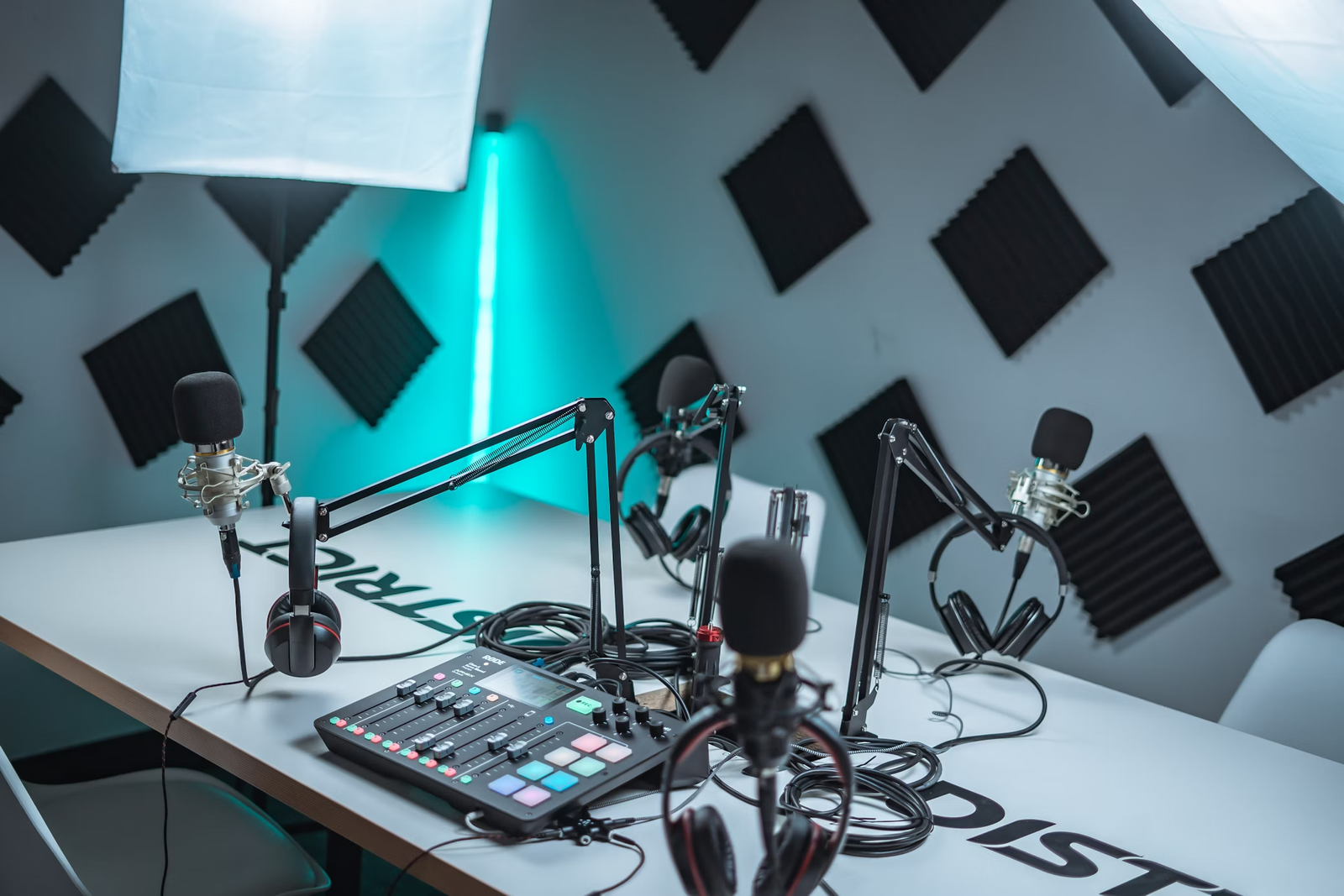When it comes to podcasting, the microphone you choose is critical for making sure your voice is heard clearly and without any annoying background noise. With so many options out there, it can be tough to decide which mic is best for your podcast studio. Let’s break down some of the top microphones that can help you produce a professional-sounding podcast without spending a fortune.
USB Microphones
For beginners or those on a tight budget, USB microphones are a great choice. They are easy to use; just plug them into your computer and you’re ready to go. Some great options include:
- Blue Yeti: This mic is a favorite among podcasters for its good sound quality and versatility. It has different settings for recording just one person or a group.
- Audio-Technica ATR2100: This microphone is affordable and provides clear, crisp sound. It’s also durable, making it a good option for podcasters who might be a bit rough with their equipment.
XLR Microphones
If you’re looking for something a bit more advanced, XLR microphones are the way to go. They require an audio interface or mixer to connect to your computer, but they offer better sound quality and more options for fine-tuning your audio. Some of the best XLR mics include:
- Shure SM7B: It’s on the pricier side but is well-loved for its warm sound and ability to block out most background noise. It’s a professional-level mic that’s often used in radio stations.
- Rode Procaster: This is a dynamic microphone with a tight pickup pattern to focus on your voice and minimize room noise. It’s good for a home studio that might not have the best soundproofing.
Condenser Microphones
Condenser microphones are sensitive and can capture a wide range of sounds, which makes them great for studio settings. However, they can also pick up unwanted background noise, so they’re best used in a quiet, controlled environment. Some top condenser mics include:
- Audio-Technica AT2020: This is a solid starter condenser mic that offers clear audio quality for a reasonable price.
- Rode NT1-A: Known for its clarity and warmth, this mic is a bit more expensive but can be a great investment for your podcast studio.
Dynamic Versus Condenser Microphones
It’s worth noting the difference between dynamic and condenser microphones. Dynamic microphones are typically more rugged and less sensitive to sound pressure levels and high frequencies, which makes them ideal for louder settings. Condenser microphones, on the other hand, are more sensitive and better suited for capturing the nuances in vocal performances.
Lavalier Microphones
If you need to move around or want to avoid having a microphone in the shot (for video podcasts), lavalier microphones are a good solution. They are small, clip to your shirt, and allow for hands-free speaking. The Rode SmartLav+ is a popular choice that offers good sound quality.
In conclusion, the best microphone for your podcast studio depends on your specific needs, the kind of podcast you’re producing, and your budget. Whether you’re just starting out or looking to upgrade your current setup, there’s a microphone out there that’s perfect for you. Remember to test out different microphones to find the one that suits your voice and style the best.




